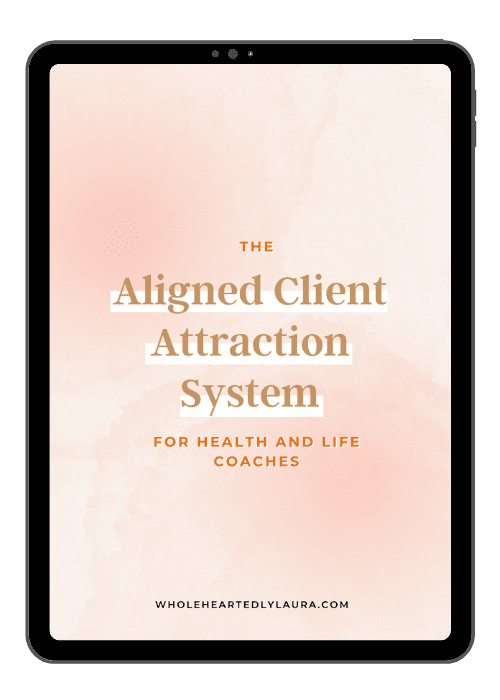

Do you ever get angry? I know I do, it’s rare but it definitely happens, although I think for me it’s mixed with feelings of frustration and disappointment and usually I feel angry at myself instead of others. It’s hard to be healthy and happy if you struggle to deal with anger in a natural and positive way, I thought this article was very interesting and gives some useful ideas for dealing with anger.
___________________________________________
Stop Seeing Red – Learn To Control Your Anger
Anger is an entirely natural reaction to many situations in life. However problems can arise when you or a loved one is angry or reacting aggressively more often than is normal or perhaps healthy. Anger can result from frustration and or confusion, we process these incidents in life in a variety of different ways, however initially our instinct is frustration and anger.
Dealing with anger
There are three main ways in which we deal with anger; expressing, suppressing and calming.
Expressing anger
Asserting your anger in a non-aggressive manner is the healthiest way to manage your anger in any situation. You will feel you have asserted yourself and your right to be angry whilst being non-aggressive to those around you. Expression does however, take time and practice to learn how to make yourself clear and establish your needs. By being assertive you are not being demanding or dominant, you are respecting your needs and those of others around you.
Focus on something else
Suppressing your anger is a quick fix, which like most unravels over time causing untold damage. The idea is that by burying the anger and channelling your energy elsewhere you can turn a negative into a positive. However over time if anger is not expressed or released then the body and the subconscious suffer. High blood pressure, hypertension and even depression are often the result. Encourage your loved one to talk about their anger or consider options for yourself where you can express yourself, be it counselling or a trusted person in your life. Opening up about emotions is never cowardice it is simply healthy.
Calm yourself down
Calming is a physical reaction where you actively take steps to calm both body and mind. This can be achieved with breathing exercises, walking away from a situation or meditation. Taking steps to calm yourself down both inside and out allows time for emotions to subside and perspective to return.
What if all three of these techniques fail to work?
Are you or your loved one simply ‘hot-headed’? If a person is short tempered it means they have a low tolerance thresh-hold for frustration, however in life this is hard to avoid. Letting it all out however doesn’t make it better either. It takes a trial and error approach to a variety of techniques and often a combination of relaxation methods as well as cognitive thinking is the most popular.
Relax
Use classic relaxation techniques such as focusing on the breath, imagining the breath coming up and out through the body or focusing on relaxing individual parts of the body from top to toe. Marry this focus on the physical to cognitive thinking where you actively rationalise your emotion and question its causes. With the help of family support you can control your anger.
A change is needed
Possibly the simplest thing to do is to change your environment. Your immediate surroundings can often be the strongest triggers for frustration. Change them. Make time for yourself, take 30 minutes out of the day to read or relax. Explain to your loved ones that you would prefer to be left alone during this time. When it comes to cohabitation, establishing time and space for yourself can often be vital in maintaining healthy relationships.
Assert your needs, challenge your reactions and express your feelings to a loved one. You may find you feel less frustrated and are slower to anger in future when you start to question your anger.
__________________________
What do you think of these tips? How does anger come about for you?
*post in association with one plus one



Interesting post Laura. I often try counting to 10 but I’ve become less angry as I’ve got older, I tend to bottle things up and get upset instead. Not sure which is better!
This is interesting – I definitely think that co-habiting has increased my levels of frustration….meditation has ehlped me a lot, as has making time to be on my own every now and again.
I think that time alone is just as important as time together, especially if you are more introverted :-)